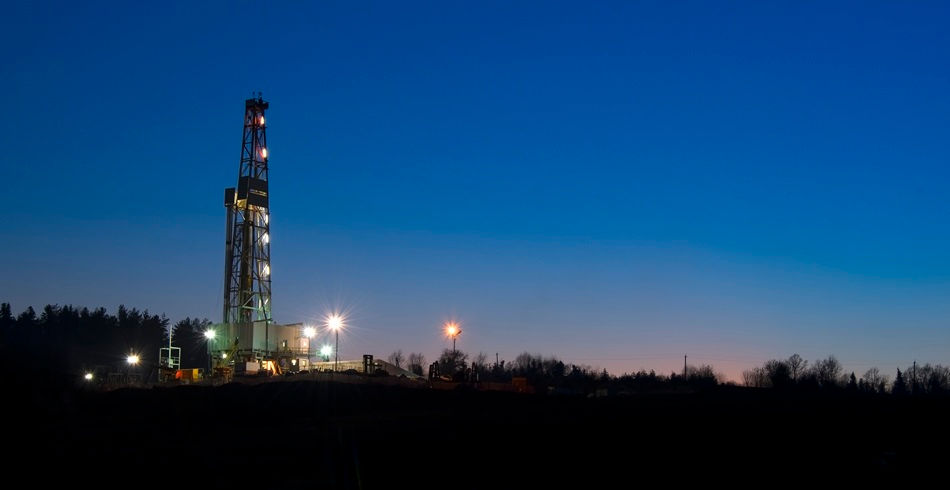Prices for rapeseed, wheat on a downward slide
- UFOP
- Jul 1, 2022
- 2 min read

Over the past several weeks, producer prices of rapeseed and wheat fell from their plateau level, following the weakening trend on the futures markets.
Price quotes for rapeseed on the futures markets dropped from their record high as they came under pressure due to prospects of a larger crop in Europe and waning buying interest. The harvest start in France also weighed price quotes down and sent cash market prices sliding.
More specifically, the average price for old-crop batches reported at the end of June was 783 euros (USD$816) per metric ton. This was up around 65 percent on the same time the previous year, but down 200 euros per ton from the record of 983 euros per ton reached in April.
Prices asked for the rapeseed crop that is about to be harvested also declined sharply recently. The average price of 710 euros per ton asked at the end of June was 116 euros per ton short of the record high of 826 euros per ton seen in April.
Spot prices for soft wheat also eased due to the forthcoming harvest, although yield prospects were clouded due to regional drought and extreme heat throughout Europe. In other words, asking prices plummeted 38 euros per ton, or 10 percent, within five weeks. In some regions, price reductions caused producers’ interest in forward contracts to perk up.
With a view to the development of prices outlined above, the Union zur Förderung von Oel- und Proteinpflanzen (UFOP) has pointed out that a major portion the crop was already contracted at lower prices in the previous months. The association has underlined this factor, because the public debate on the question of market supply and the prices at which it takes place is frequently guided by the maximum prices rather than the prices at which the produce is, or was, actually marketed. The UFOP has added that the development of farmers’ production costs, especially fertilizer costs, should also be borne in mind.
Consequently, a higher level of producer prices is necessary now, and likely will be in the future, to cover costs, because prices for energy, especially natural gas as a major energy source for fertilizer production, cannot currently be expected to decline.
According to the association, consumers should gear themselves up to such higher price level.
The UFOP has pointed out that due to reductions in fertilizer use and the impact of climate change, agricultural output is currently not expected to grow, especially because the new general conditions of the reform of the European Common Agricultural Policy do not provide for any potential for development.


































